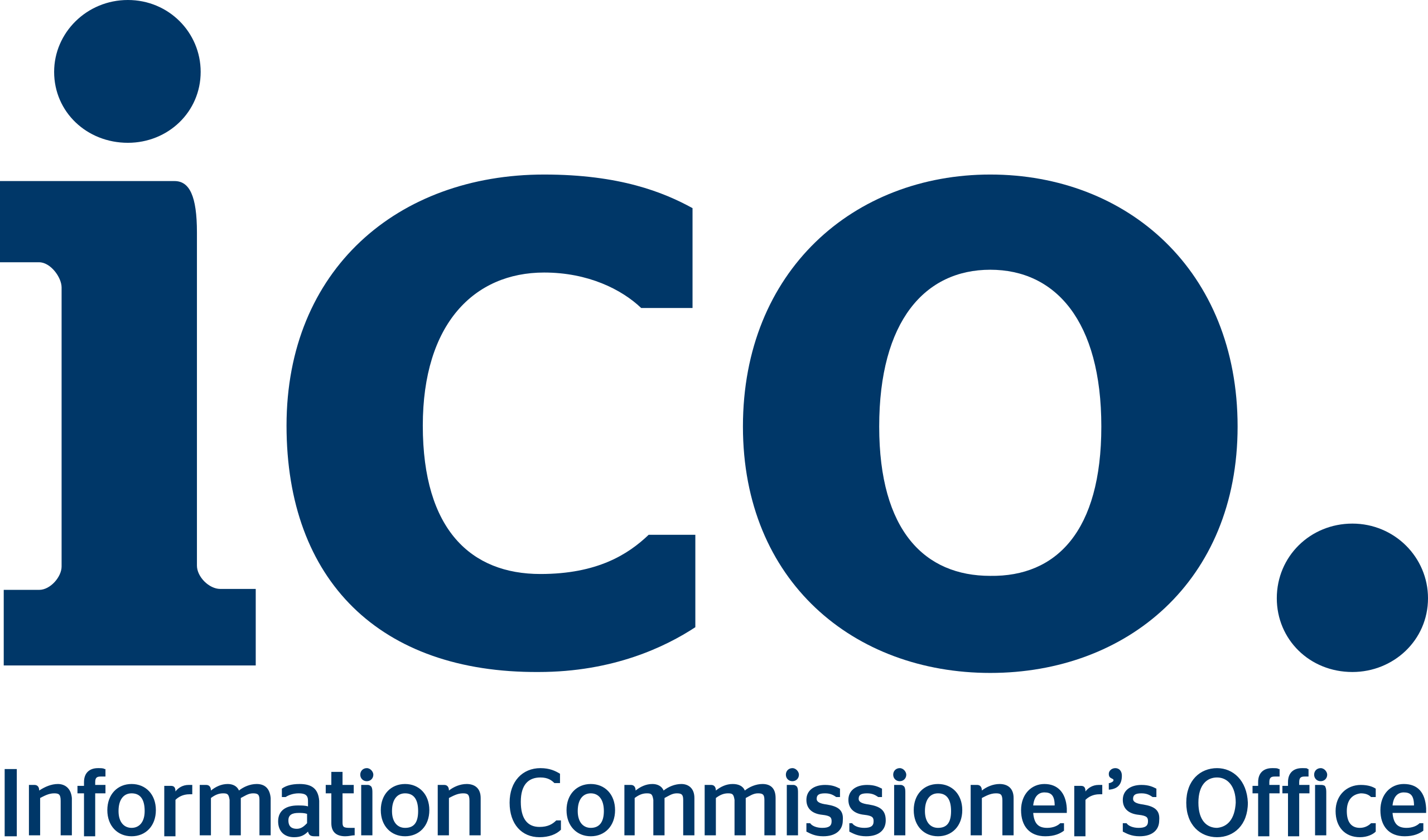Understanding GDPR can be challenging, particularly for business owners. This blog post aims to clarify the complex aspects of GDPR and highlight its importance, ultimately providing a better grasp on the subject.
Introduction
Businesses of all sizes must prioritise data security, especially with the introduction of the General Data Protection Regulation (GDPR). This is a regulation that requires businesses to protect the personal data and privacy of EU citizens. It not only impacts businesses within the EU, but also those outside the EU that process data of EU citizens.
1. What is a GDPR Breach?
A significant aspect of GDPR is understanding what constitutes a data breach. A data breach is any incident where unauthorised individuals access, transmit, store or otherwise use private, sensitive information. This can range from sophisticated cyber-attacks to simple human errors like sending an email to the wrong recipient. The impact of data breaches on businesses can be devastating, leading to financial losses, reputational damage, and loss of customer trust.
You can download guidelines on personal data breach notification under GDPR from the European Data Protection Board website here.
2. How can your IT Support provider prevent data breaches?
IT Support plays a crucial role in preventing data breaches. They secure data by implementing robust security measures, such as firewalls and encryption. Regular system updates and patching are also essential to prevent cyber attacks exploiting vulnerabilities in outdated systems. Furthermore, IT Support manages cyber security threats, ensuring that businesses are prepared for any potential breaches.
However, even with the best precautions, data breaches can still occur. When they do, the immediate steps are crucial. Businesses need to identify and isolate the breach, assess the extent of the damage, and notify affected individuals and the relevant data protection authority. This is another area where IT Support proves indispensable, as they can help businesses respond swiftly and effectively to a data breach.
3. How Quickly should a Data Breach be Reported?
Under the General Data Protection Regulation (GDPR), a business is required to report a data breach to the appropriate data protection authority within 72 hours of becoming aware of it. This is a critical aspect of GDPR compliance. The report should include details about the nature of the breach, the categories and approximate number of individuals affected, potential consequences of the breach, and the measures taken or proposed to mitigate its possible adverse effects. It’s important to note that failure to report a data breach within this timeframe can result in significant fines and penalties. This highlights the importance of having effective data breach detection, investigation, and internal reporting procedures in place.
Conclusion
In conclusion, GDPR compliance and data breach prevention are critical for every business. IT Support providers are invaluable partners in this endeavour, helping to secure data, manage cyber security threats, and respond effectively when breaches occur. By working closely with IT Support, businesses can protect themselves and their customers, fostering trust and ensuring long-term success.
For the most up top date knowledge on dedicated IT Support, visit our website






